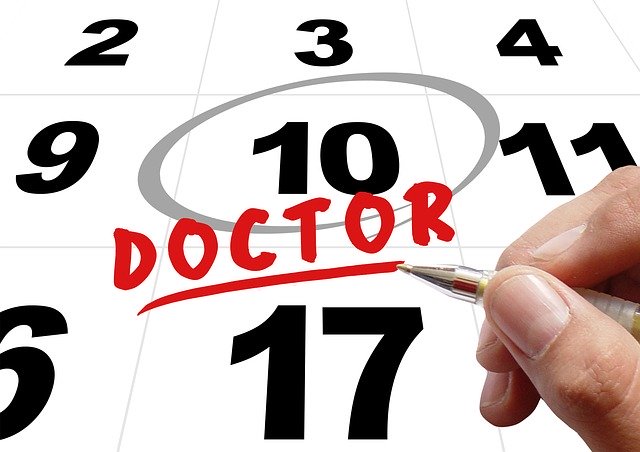For the last four months, in-person medical appointments have been cancelled or postponed. Older adults have missed routine checkups, preventive screenings. They have delayed elective surgeries and other non-urgent care, as well as some care that is critical they receive. Rachel Nania reports for AARP on how fear of COVID-19 keeps older adults from getting needed care.
Over the last few months, many older adults have not received medical services and treatments that they needed. Depending upon your health status and where you live, it might be time to schedule them.
To be sure, people with compromised health and people who live in areas where novel coronavirus cases are rising might still need to rely on telehealth for their care. This is particularly true if their conditions can be managed remotely.
However, many people have delayed emergency care, and emergency care should not be delayed. Emergency room visits were down 42 percent in the first couple of months of the pandemic. Close to one in three Americans did not get care for fear of COVID-19 infection.
AARP advises that anyone who is having difficulty breathing or experiencing chest or upper abdominal pain should get care right away. So should people who become dizzy or weak or confused. Anyone who takes a bad fall should also get treatment quickly.
In addition, older adults need to make sure they get the vaccines they need, in particular, the flu vaccine, the pneumococcal vaccine and the shingles vaccine. These vaccines are important for lowering people’s risk of needing hospitalization. Often, your local pharmacy or walk-in clinic can provide you with these vaccines.
AARP also says that you should talk to your doctor about getting preventive care services, such as colonoscopies and cervical cancer screenings, and treatment that will improve your quality of life, such as a hip or knee replacement. And, if you have breast or bowel changes or serious exhaustion, call your doctor as soon as possible.
Finally, people with certain chronic conditions should not put off seeing the doctor for too long. People with high blood pressure and people on blood thinners should routinely have their blood drawn to determine their medication levels. People with congestive heart failure and people with chronic kidney disease should see their doctors to protect themselves against developing a more serious condition. Talk to your geriatrician or primary care doctor about scheduling these appointments.
Here’s more from Just Care:










